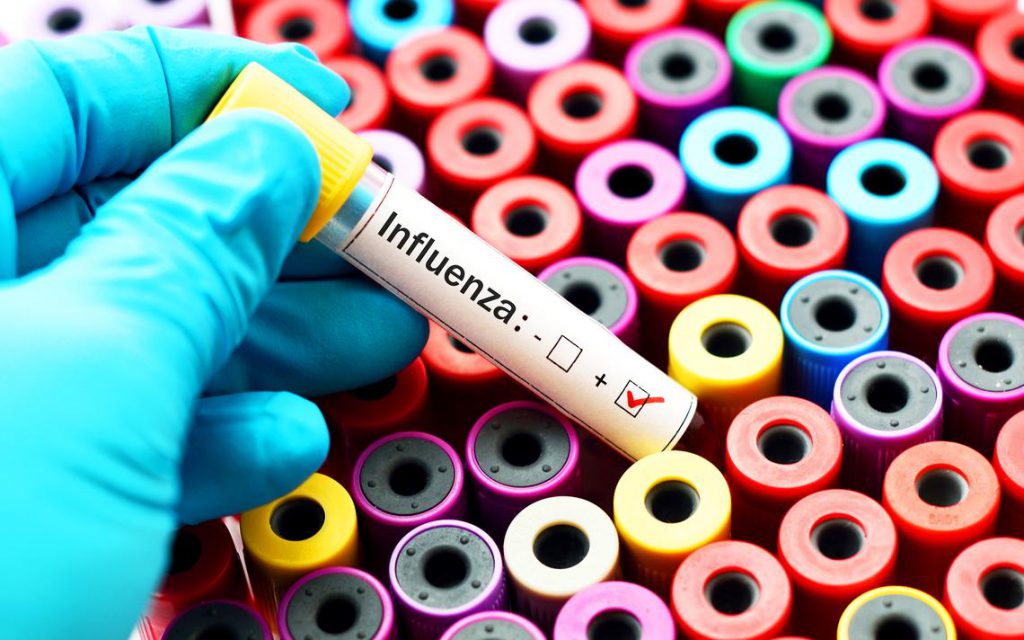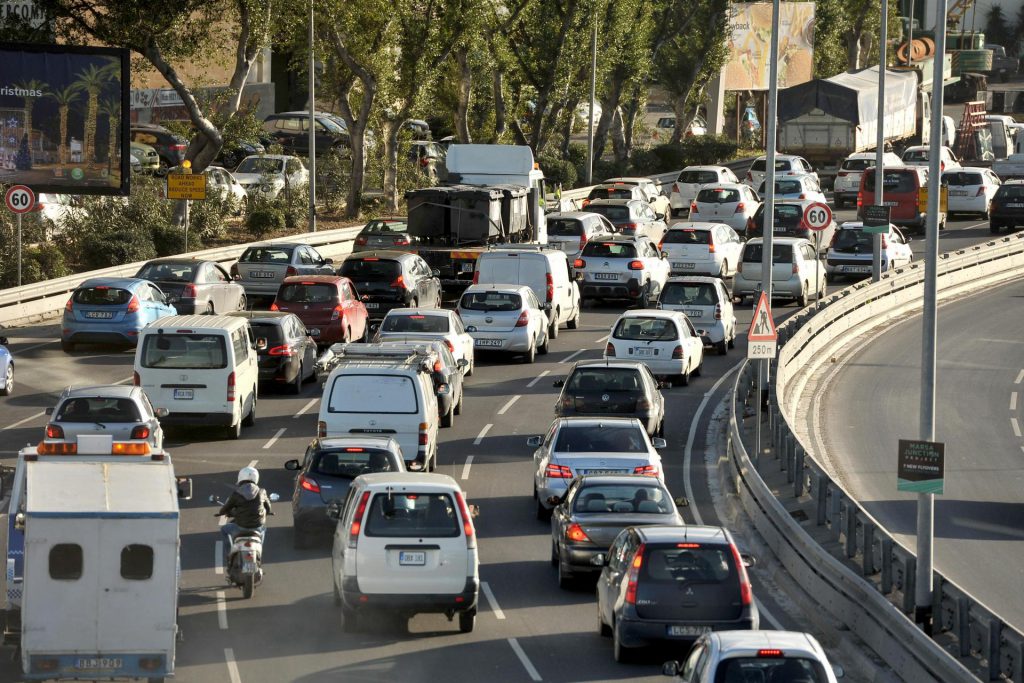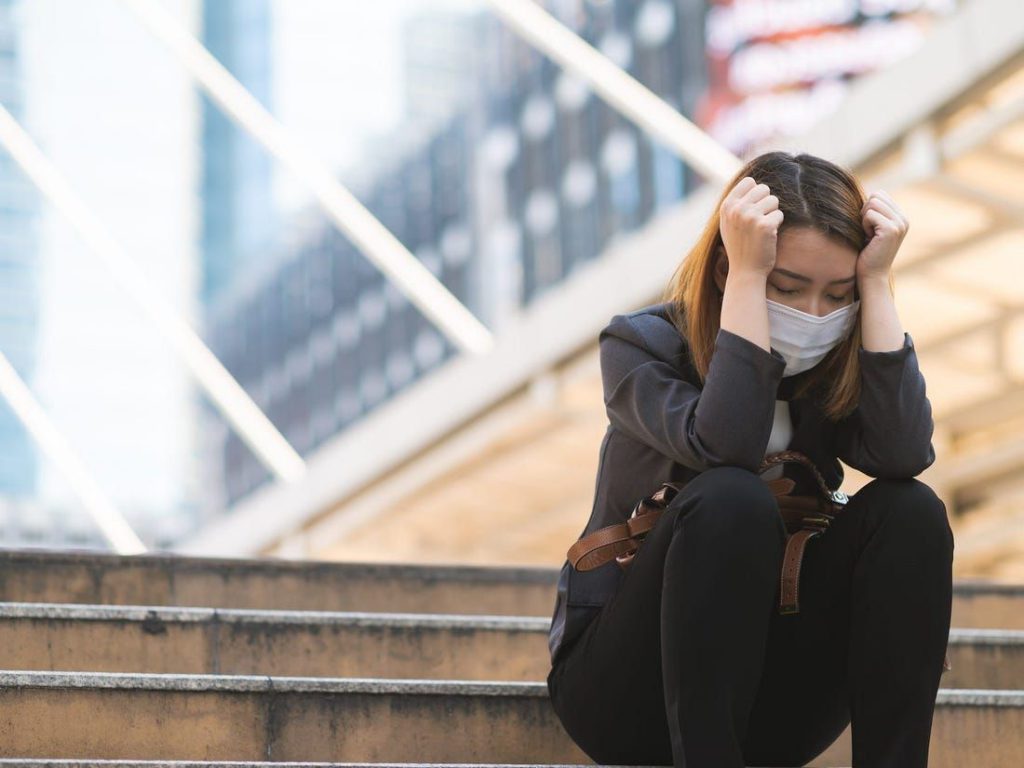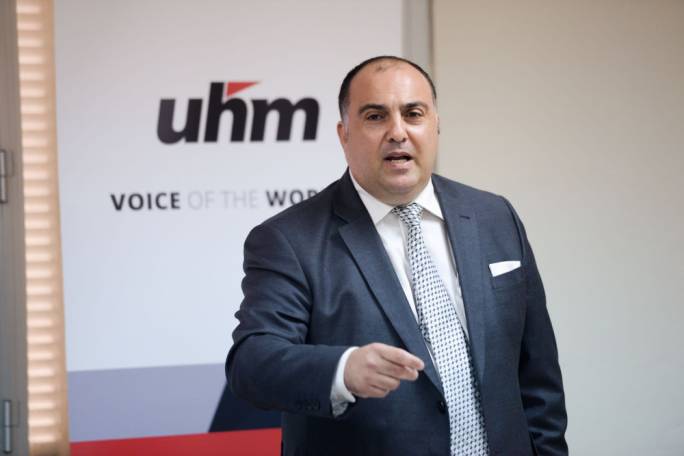Archive for Feature
Steward employees getting paid up to €6,800 less
Healthcare workers employed by Steward Health Care are missing out on thousands of euros per year, despite doing the same job as their fellow colleagues employed by the Health Ministry.…
A European Union more accessible to you – A Week of events by MEUSAC
MEUSAC is organising a number of online activities between the 2nd and the 6th of November to promote its services to Maltese and European citizens. MEUSAC’s aim is to inform and increase awareness on how Maltese citizens could benefit more from EU membership, give them the opportunity to voice their opinions on current European issues, advise on where to seek assistance if they would like more information on rights and obligations, benefits and opportunities or complaints as well as on the assistance provided to non-governmental organisations, local councils and government entities on EU funds. The events, which are being addressed to all ages having different interests, consist of: an information session on services related to the European Union in Malta; the activity ktieb-storja about the European Union for 11 year old children; a training session on EU funds; u public discussion on the European Ecological Pact; a discussion amongst post-secondary students on equality; and a discussion with the President of Malta. Participation in all activities will be online, except for those sessions that are addressed to specific groups. In the remaining sessions, participants will be able to not only follow the activity taking place at MEUSAC, but also intervene with their comments. Refer to the week of events and register those activities that you are interested in from MEUSAC’s website on
Taking care of ourselves more during the cold season
Notwithstanding the fact that scientists and medical experts are working round the clock in coronavirus research, the season for colds and flu will soon start, joining COVID-19. The coronavirus is already new territory for science, and the effects of its combination with influenza are equally unknown. There is much speculation about what is to be…
We need a total transport reassessment
Malta does not have a concrete vision for transport. A switch to electric cars will reduce pollution but it will not eliminate it. If the government’s aim is to…
Promoting ethical behaviour in practice
We need to make sure that all of those in public life, whether employed, appointed or elected, are aware of their ethical responsibilities and are prepared to act as ethical leaders.…
The COVID-19 vaccine must initially reach priority groups
As the COVID-19 pandemic continues, there is no doubt that we must be ready to face a long road ahead, certainly beyond the end of this year. The fact that a vaccine, alongside other treatments, is our only true exit strategy remains unchanged. One hopes that we will see results emanating from the first vaccines after undergoing clinical trials. However, we must be cautious about this vaccine that it will be a complete and immediate solution. The first vaccines will most likely not be perfect and here we need to be pragmatic on this front. The reality is that with these vaccines we will be taking small steps to return to a sense of normality. However, the first generation of COVID-19 vaccines will probably be only partially effective. They might not be completely effective in all ages. It is very possible that they might provide immunity only for a limited period. Accelerating vaccine development must not mean compromising safety. Most importantly, fair access to the vaccine must be addressed. It must initially reach priority groups, particularly frontline healthcare workers and the most vulnerable. As we move through autumn and winter, we will see an increase in community transmission. Without urgent action to stop the current increased community transmission leading to transmission in hospitals and in social care, and thereby severe illness and deaths in vulnerable people, we will be facing disruptrions in schools, workplaces and businesses. We have to do everything possible to avoid this. The first vaccine may not send us back to normal in a matter of months. However, by giving doses wisely on the people who most need them, we will be in a strong position to avoid a repeat of seven months ago.
Dealing with uncertainty during the COVID-19 pandemic
Uncertainty is all around us, never more so than today. The current COVID-19 pandemic has heightened uncertainty over the economy, employment, finances, relationships, and of course, physical and mental health. Yet…
Not everyone is affected by the pandemic in the same manner
The COVID-19 crisis has meant a major economic change, from how and where we work to, who, after all goes to work. So, for many home-based workers, the issue is about if and when we will return to the workplace. However, this crisis has also turned our personal lives upside down, with change creating stress. Recent research has revealed the magnitude of the challenge to our mental health. Data compiled by and independent source shows that a percentage of the population reported symptoms of depression. This statistic is worth paying attention to. We all know that poor mental health and unhappiness make us less productive at work and contribute to problems in relationships within the family and amongst other people. Everyone is affected by this pandemic but not everyone is affected in the same manner. For those between the ages of 16 and 40, the symptoms of depression have increased rapidly. According to an article in the journal der Spiegel, research in Germany provided more insights into what is causing the catastrophe, when comparing the wellbeing of parents and other adults. The two groups of people had similar trends before the crisis, but parents saw a sharp decline in wellbeing when schools and childcare centres closed during the first wave of the pandemic. The wellbeing of working mothers is most affected and although women were less likely to lose their jobs than men, working mothers carry a huge burden since many are also caring for their children. What do we learn from all this? Back to school is crucial to our children’s future, but it is also crucial to the wellbeing of many parents now and in the future.
Our country needs to be credible again
“Actions need to be taken to restrore the country’s credibility”. Josef Vella, Chief Executive Officer of UHM Voice of theWorkers stated this when he was one of three guests during…
Human life is precious
The human cost of border policies has been made painfully real. When people die trying to cross borders, the response from politicians is almost always the same. They say they are shocked and saddenned but they carry on as usual. Words of sympathy do not make routes of travel safe, legal or stop the policies that will leave so many others to the same fate. The evidence has been clear. Border policies are the problem whereas safe and legal routes are one of the solutions. Individuals who cross the Mediterranean to seek a better future must not make deathwishes. Deaths are avoidable but still politicians push on with making it near impossible for people to reach European shores. The thing is that if we are not stigmatising migrants we are blaming smugglers who are depicted as a group that can be held responsible for the whole problem. However this is not to excuse the damage done by smugglers but to put this in a broader context. Where governments have shut down safe and legal routes, many people have no option. No one would choose to pay large sums of money to make a dangerous journey in a dinghy if they could pay much less to pay a ferry. Several people who are trying to reach Europe from Libya are likely to have crossed thousands of miles of land and sea to make it even that far. Our country’s debate on illegal immigration has not been allowed to approximate the truth. So we have to explain that these people are human beings and to encourage others to imagine if it were them. What would it be like to flee your country because of war or persecution? When loss of life in the Mediterranean make headlines we pity the unfortunate souls, while the same anti-asylum and anti-immigrant rhetoric and policies remain the same. More will die like this. More children and adults. It does not have to be this way. Movement can be made safe, legal and easy. However, the change has to begin with recognising that borders are the problem not the solution.










